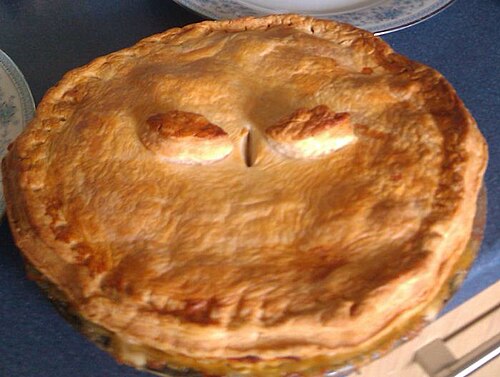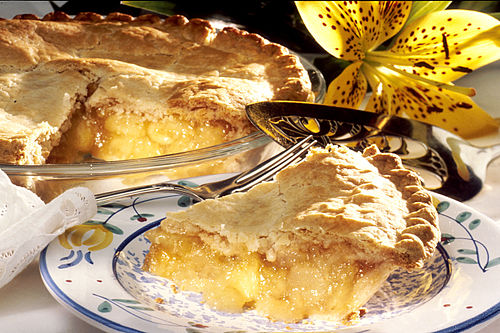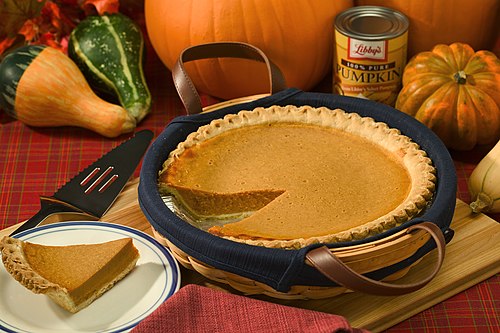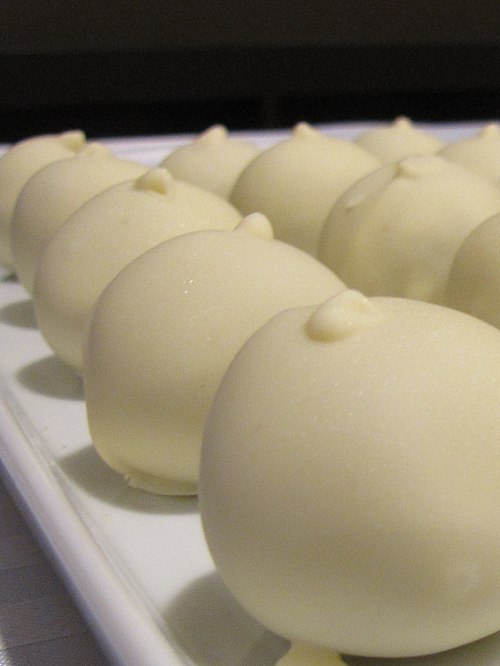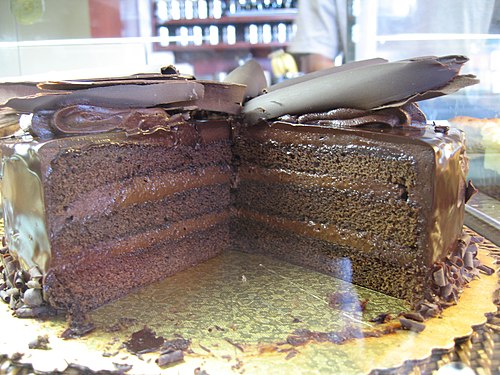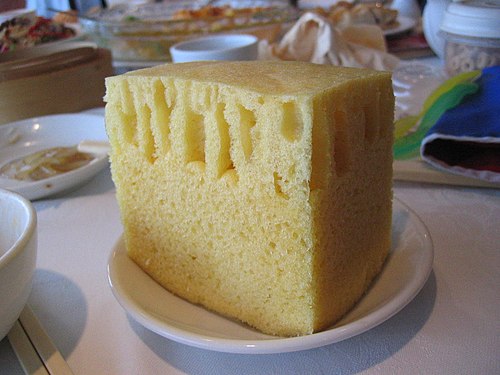Pienoun
A type of pastry that consists of an outer crust and a filling.
Pienoun
Any of various other, non-pastry dishes that maintain the general concept of a shell with a filling.
Pienoun
(Northeastern US) Pizza.
Pienoun
(figuratively) The whole of a wealth or resource, to be divided in parts.
Pienoun
(letterpress) A disorderly mess of spilt type.
Pienoun
(cricket) An especially badly bowled ball.
Pienoun
(pejorative) a gluttonous person.
Pienoun
A pie chart.
Pienoun
(slang) The vulva.
Pienoun
(obsolete) Magpie.
Pienoun
(historical) The smallest unit of currency in South Asia, equivalent to 1/192 of a rupee or 1/12 of an anna.
Pieverb
(transitive) To hit in the face with a pie, either for comic effect or as a means of protest (see also pieing).
Pieverb
(transitive) To go around (a corner) in a guarded manner.
Pieverb
(transitive) (of printing types) To reduce to confusion; to jumble.
Pienoun
An article of food consisting of paste baked with something in it or under it; as, chicken pie; venison pie; mince pie; apple pie; pumpkin pie.
Pienoun
See Camp, n., 5.
Pienoun
A magpie.
Pienoun
The service book.
Pienoun
Type confusedly mixed. See Pi.
Pieverb
See Pi.
Pienoun
dish baked in pastry-lined pan often with a pastry top
Pienoun
a prehistoric unrecorded language that was the ancestor of all Indo-European languages
Pie
A pie is a baked dish which is usually made of a pastry dough casing that contains a filling of various sweet or savoury ingredients. Sweet pies may be filled with fruit (as in an apple pie), nuts (pecan pie), brown sugar (sugar pie), sweetened vegetables (rhubarb pie), or with thicker fillings based on eggs and dairy (as in custard pie and cream pie).
Cakenoun
A rich, sweet dessert food, typically made of flour, sugar, and eggs and baked in an oven, and often covered in icing.
Cakenoun
A small mass of baked dough, especially a thin loaf from unleavened dough.
Cakenoun
A thin wafer-shaped mass of fried batter; a griddlecake or pancake.
Cakenoun
A block of any of various dense materials.
Cakenoun
(slang) A trivially easy task or responsibility; from a piece of cake.
Cakenoun
(slang) Money.
Cakenoun
Used to describe the doctrine of having one's cake and eating it too, particularly regarding the UK’s approach to Brexit negotiations.
Cakeverb
(transitive) Coat (something) with a crust of solid material.
Cakeverb
To form into a cake, or mass.
Cakenoun
A small mass of dough baked; especially, a thin loaf from unleavened dough; as, an oatmeal cake; johnnycake.
Cakenoun
A sweetened composition of flour and other ingredients, leavened or unleavened, baked in a loaf or mass of any size or shape.
Cakenoun
A thin wafer-shaped mass of fried batter; a griddlecake or pancake; as buckwheat cakes.
Cakenoun
A mass of matter concreted, congealed, or molded into a solid mass of any form, esp. into a form rather flat than high; as, a cake of soap; an ague cake.
Cakeverb
To form into a cake, or mass.
Cakeverb
To concrete or consolidate into a hard mass, as dough in an oven; to coagulate.
Cakeverb
To cackle as a goose.
Cakenoun
a block of solid substance (such as soap or wax);
Cakenoun
small flat mass of chopped food
Cakenoun
made from or based on a mixture of flour and sugar and eggs
Cakeverb
form a coat over;
Cake
Cake is a form of sweet food made from flour, sugar, and other ingredients, that is usually baked. In their oldest forms, cakes were modifications of bread, but cakes now cover a wide range of preparations that can be simple or elaborate, and that share features with other desserts such as pastries, meringues, custards, and pies.




